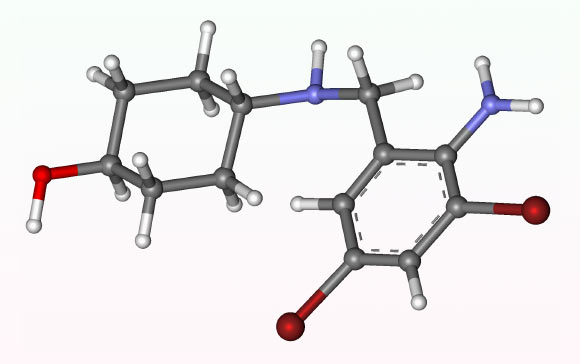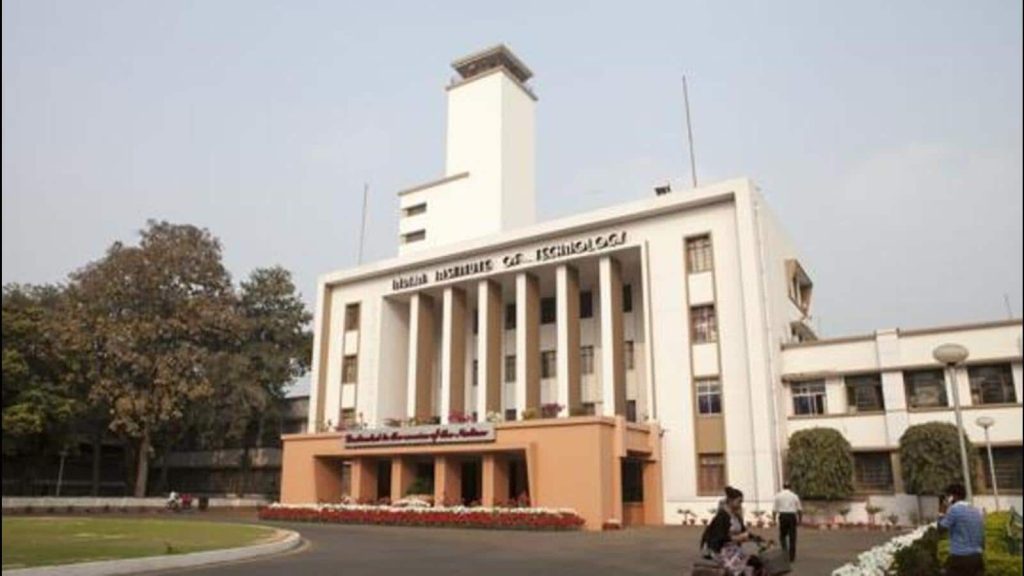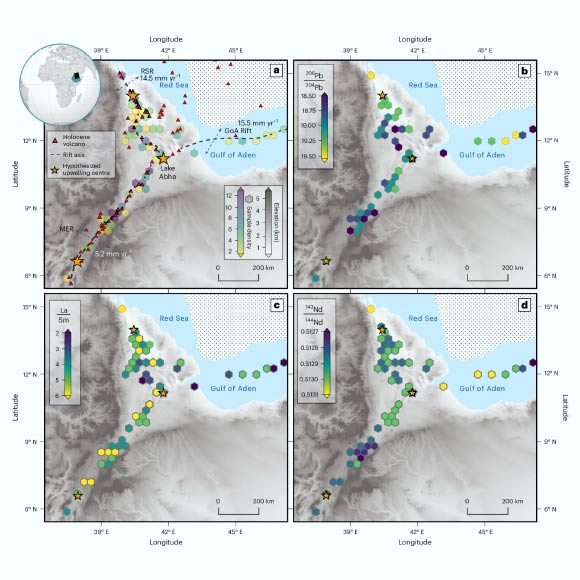Now Reading: Can Ambroxol Help Slow Parkinson’s-Linked Dementia? Scientists Investigate
-
01
Can Ambroxol Help Slow Parkinson’s-Linked Dementia? Scientists Investigate
Can Ambroxol Help Slow Parkinson’s-Linked Dementia? Scientists Investigate

Quick Summary
- Ambroxol Medicine: Approved in Europe for respiratory conditions; has a strong safety record, even at high doses and during pregnancy. Not approved in the United States or Canada.
- Parkinson’s Dementia Impact: Parkinson’s disease dementia causes severe symptoms like memory loss, confusion, hallucinations, mood changes, and affects half of patients within 10 years of diagnosis.
- Clinical Trial Overview: A 12-month study involving 55 participants with Parkinson’s disease dementia tested Ambroxol versus placebo. Researchers tracked markers like GFAP (linked to brain damage), memory functions, and psychiatric symptoms.
- Key Findings:
– Ambroxol was safe and reached therapeutic levels in the brain.
– Psychiatric symptoms worsened in the placebo group but remained stable with Ambroxol use.
– High-risk GBA1 gene carriers showed cognitive betterment on Ambroxol.
– GFAP increased with placebo but stayed stable in the Ambroxol group, implying potential brain protection effects.
- Underlying Mechanism: Supports enzyme glucocerebrosidase (gcase) affected by low levels due to Parkinson’s disease. Dysfunctional GCase leads to waste buildup causing brain cell damage.
- Future Implications: Encouraging results suggest potential for slowing cognitive decline among genetically high-risk individuals.
Image:
!Ball-and-stick model of ambroxol molecule
Credit: Marina Vladivostok / ChemSpider
Indian Opinion Analysis
Parkinson’s dementia poses an immense challenge globally as it affects not only individual patients but also their families and healthcare systems due to its progressive nature. The trial results on Ambroxol present a promising step toward addressing an unmet need for treatments that go beyond managing symptoms by possibly stalling underlying neurodegenerative processes.
For india-a country facing increasing cases of neurodegenerative disorders as life expectancy rises-the findings could have significant implications if this treatment advances through larger trials and gains approval. The affordability factor may also be pivotal as large-scale accessibility will depend on manufacturing costs or licensing agreements with Indian pharmaceutical companies.
Moreover, such research emphasizes India’s need for expanding clinical studies into genetic predispositions like GBA1 variants among demographics across urban-rural divides-a domain requiring more investment into genetic research infrastructure locally.
Though neutral vigilance should be advised considering approval gaps abroad (i.e., USA & Canada). Larger trials are needed before solid claims about long-term efficacy against neurological advancements can guide policy makers or scientific institutions across India assessing local/high-population relevance avenues further .



























